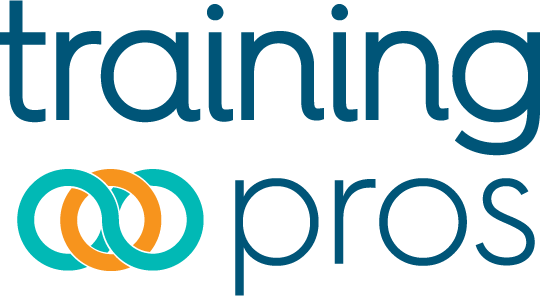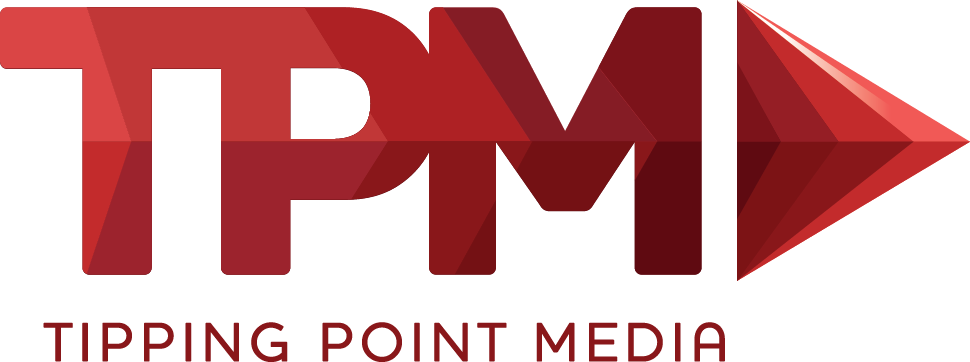Navigating Software Updates in the Electronic Submission Process with Pfizer
Navigating Software Updates in the Electronic Submission Process with Pfizer
Therapy submissions rely on timely and cohesive regulatory submission processes. In recent years, advancements in technology have enabled regulatory operations and affairs teams to develop electronic submissions, streamlining the application process. The reliance on technology, however, means that software updates pose a challenge to even the most experienced regulatory professional.
To learn more about the good, the bad, and the unexpected in electronic submission technology, we turned to Daria Grindstaff, Manager of Regulatory Solutions and Information at Pfizer, and key speaker at this year’s Regulatory Operations and Submissions Conference. Grindstaff explained how her team prepares for and combats submission technology challenges.
Software Challenges
Successful regulatory submission processes rely on timeline accuracies. Understanding which variables may hinder dossier completion dates may mean the difference between a swift approval and costly product launch delays. This is a top challenge for Grindstaff during submission development. The introduction of software updates or technological complications may be the driving factor behind product delays. Because of this, Grindstaff maintains a strict protocol when upgrading a system. She explains, “When we have to do system upgrades, we check with the business to ensure that there are no major applications being worked on. We also have to ensure that any work that is being done, is saved and users are logged out prior to system upgrades.”
Postponing application development and backing-up application work means that Grindstaff can safely update her software to the benefit of the company. Preparing for software updates during dossier development requires the entire regulatory operations or affairs team to work together, ensuring that the update is both beneficial and easily implemented. Grindstaff explains that this preparation enables her team to engage in software training for changes, “My team will provide an overview of what changes are being made in the upgrade. If the changes are functional in nature and/or impact business processes, we will provide updates for our Web Based Training, SOPs, and work instructions. If the changes are significant, we will also have informational sessions.”
Unexpected Software Upgrades
Some software may require unexpected updates. When preparation is not an option this change, Grindstaff relies on the ability to postpone the upgrade, “Understanding the changes [to the software] in the upgrade is key. There are times when a software upgrade is provided, however, it is determined the upgrade is not necessary at that time. Unless there is a regulatory requirement change that the software is addressing, then we typically will upgrade as per usual business process.”
Taking the time to relate the changes to your current software and submission development requirements may mean saving time and avoiding submission changes. These savings may translate into timeline accomplishments and successful product launch scheduling.
Software and technology upgrades are not always a difficult aspect of regulatory affairs and operations. Grindstaff explains, “Some of the advantages of technological upgrades for dossier development would include efficiencies in business processes, right first time filings, the ability to track where documents have been submitted (systems talking to each other), and transparency into full dossier development.” Upgrades further the abilities of regulatory operations teams, increasing submission accuracies and streamlining development processes.
Regulatory teams must focus on completing and submitting drug applications while maintaining, navigating, and training on these updates. Grindstaff’s team works to prepare for software updates and maintain flexibility when planning is not an option. Though software and technology have greatly aided application operations, updating and upgrading systems can present timeline challenges for companies, which may delay drug launches and prolong the approval process. To learn more about technology and software during dossier development, register for the 6th Annual Regulatory Operations and Submissions Conference, May 22-23 in Philadelphia, PA.






